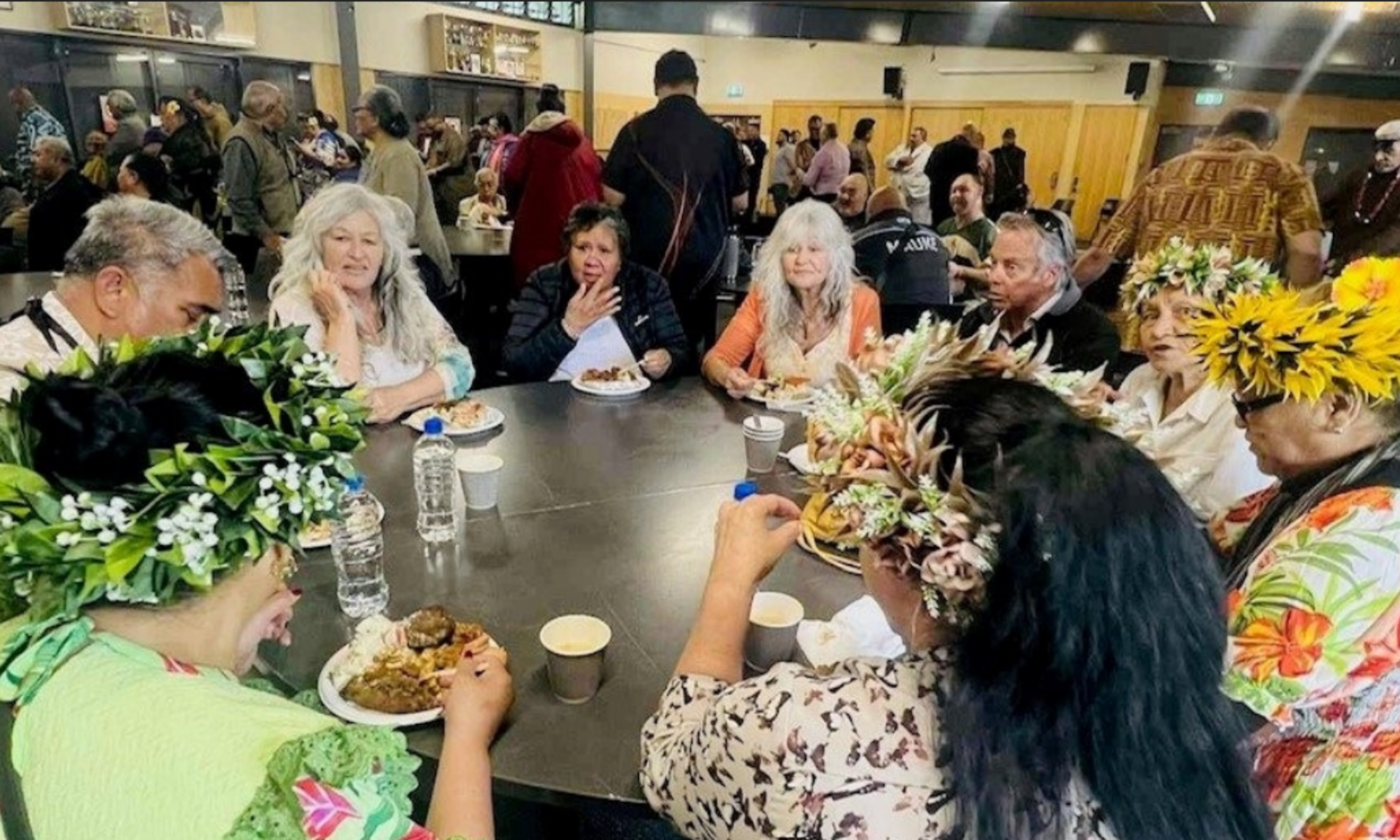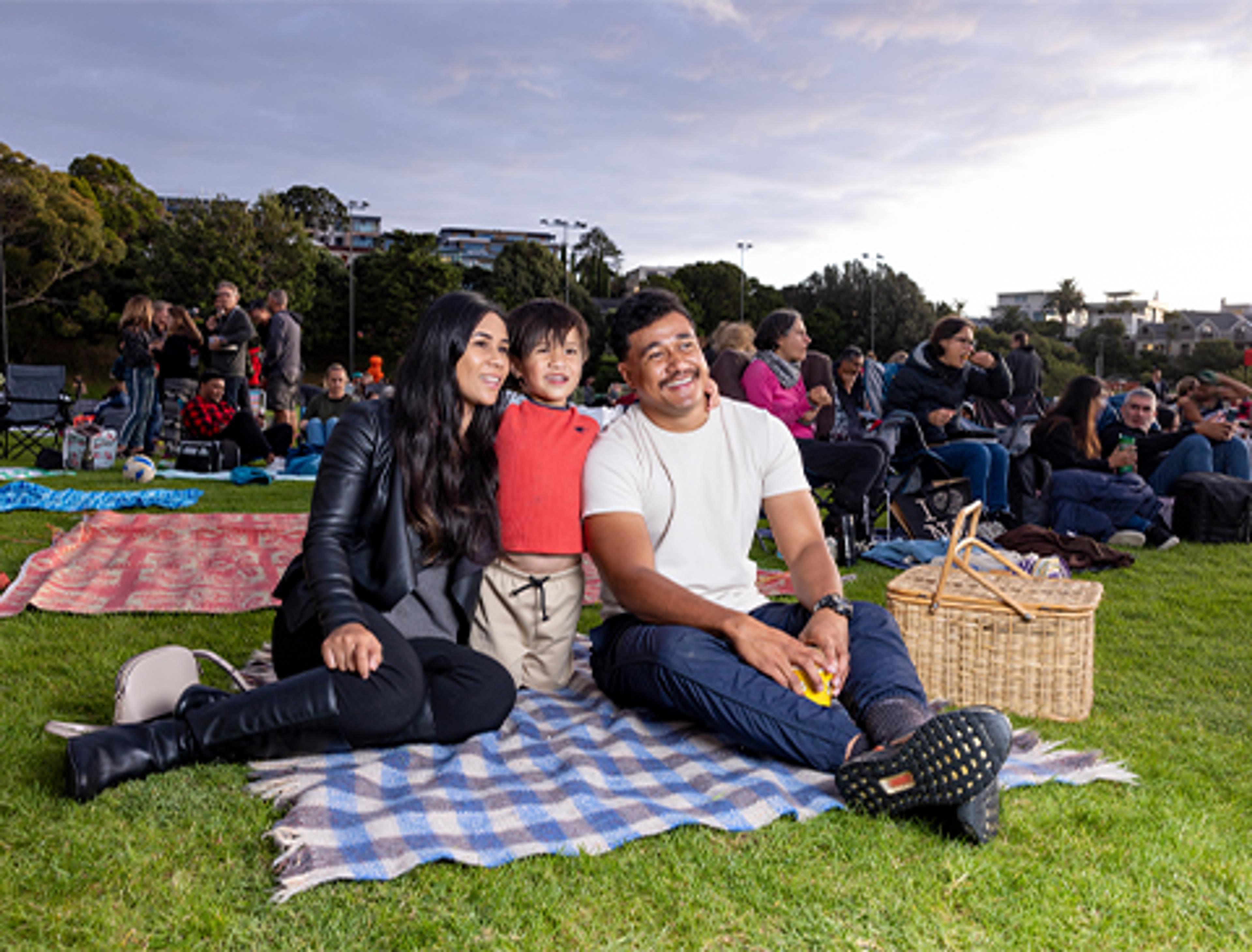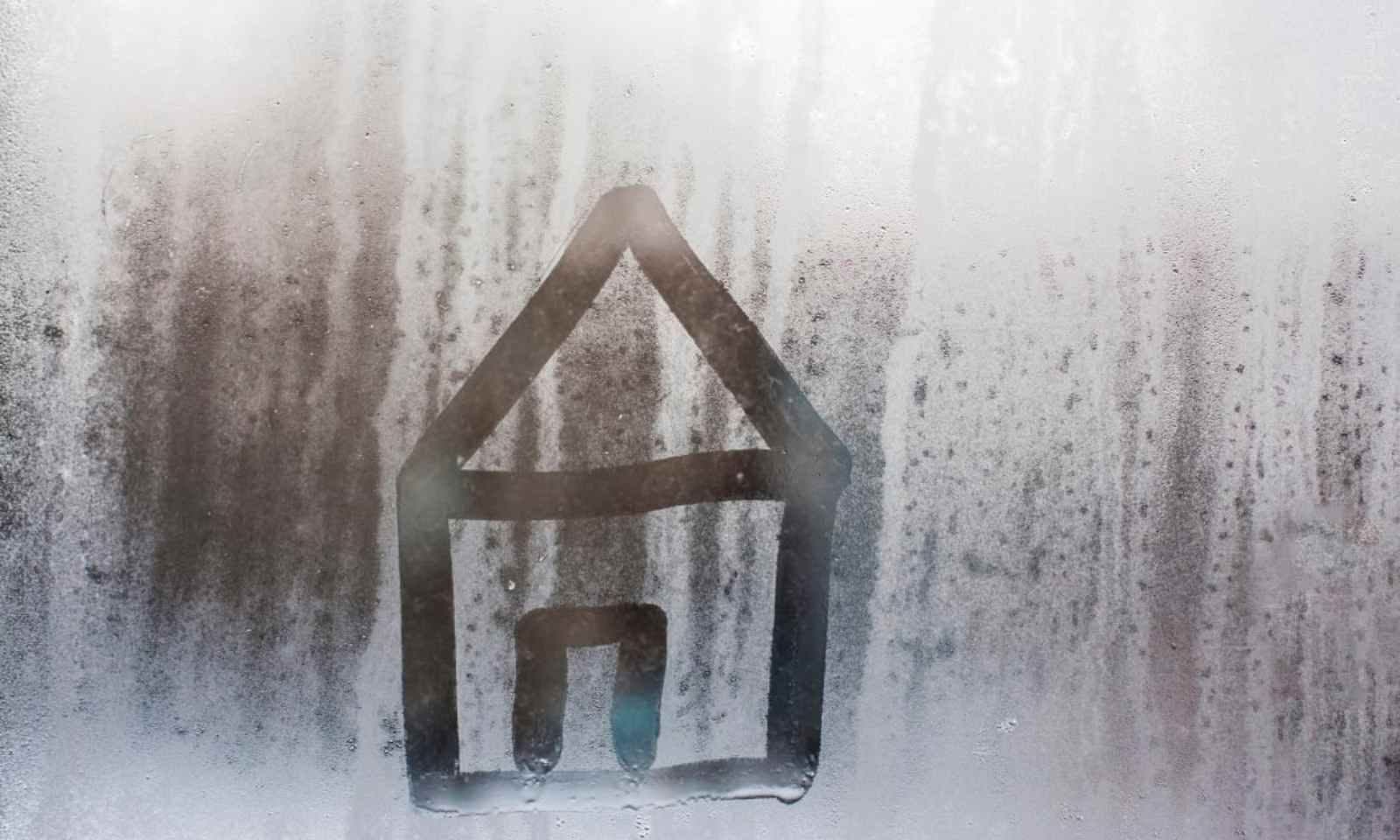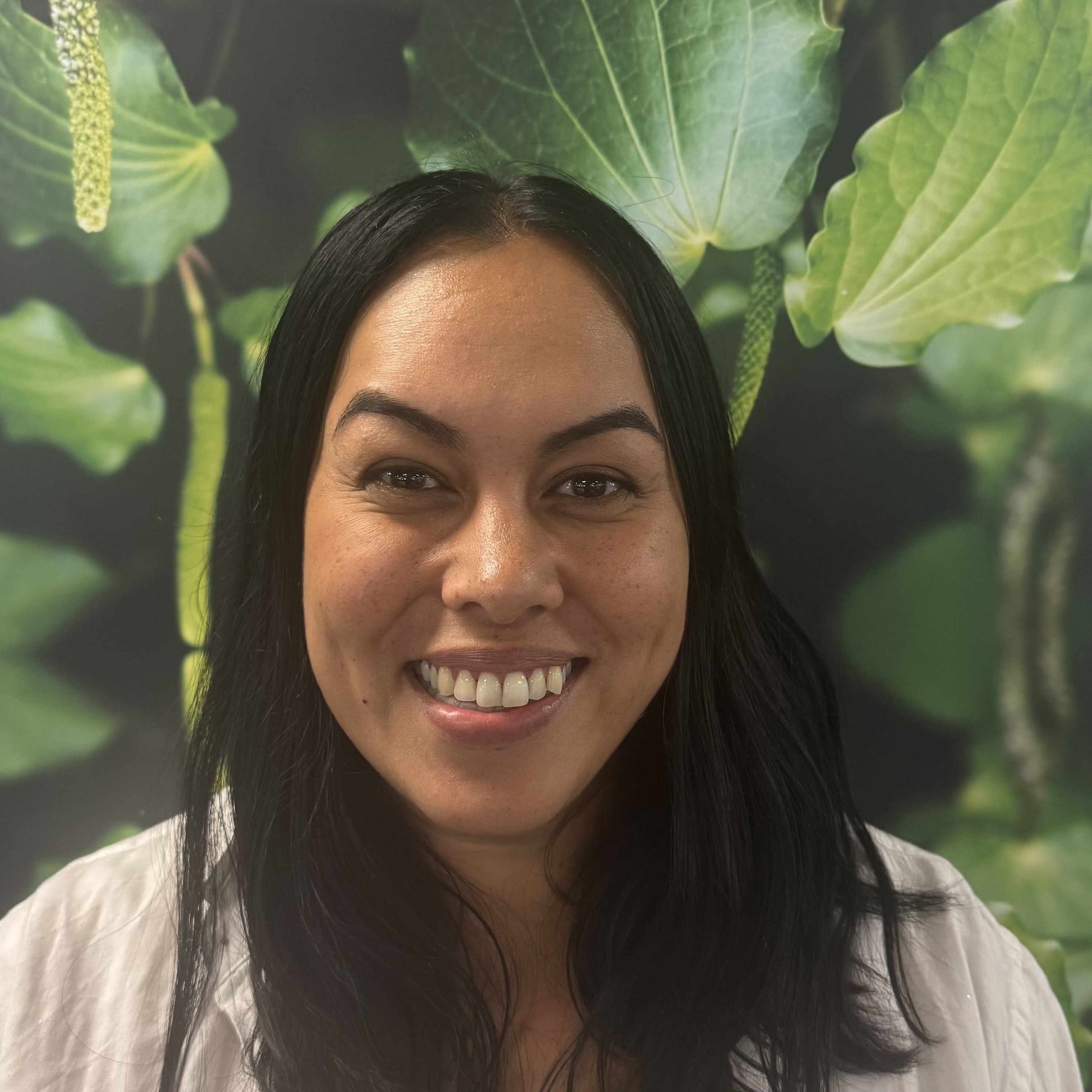

An initiative of Pacific Health Homes is helping families repair and upgrade their homes to improve health outcomes.
Photo/AWHI
Transforming lives: Housing upgrades boost health, wellbeing for Pacific families
The AWHI initiative provides essential resources and educational support to reduce overcrowding and promote welfare.


Blacklisting squeeze hits Vanuatu families and businesses, the regulator VFSC warns


Pack your tissues: Free movies return with Tinā set for South Auckland

Manurewa charity requests $30,000 to keep Pacific seniors monthly gatherings

Blacklisting squeeze hits Vanuatu families and businesses, the regulator VFSC warns


Pack your tissues: Free movies return with Tinā set for South Auckland
Pacific children are significantly more likely to be hospitalised due to poor housing conditions, prompting the AWHI group to work towards reducing illnesses by upgrading homes and providing resources and education.
Hundreds of Pacific families are being supported to live in warmer, drier homes through an initiative to reduce overcrowding and illness linked to inadequate housing.
AWHI began in 2013 as a rheumatic fever prevention programme and has since expanded to address other conditions, including asthma, diabetes, stroke, and cellulitis.
In an interview with William Terite on Pacific Mornings, Evita Toala, the relationship lead at AWHI, says they support hundreds of families across South Auckland, Waikato, and Porirua by facilitating repairs and upgrades to minimise health risks in their homes.
“Things like mould, especially during the winter months, being quite damp. Whānau still not having access to adequate heating in their main living areas, ventilation systems in their bathrooms or kitchen are either broken or not installed,” she says.
“We can support families with education as well as advocacy to get those types of interventions into the property, especially leading into the winter months.”
Pacific children are 115 times more likely to be hospitalised with acute rheumatic fever.
AWHI is an extension of the Pacific Healthy Homes Initiative and works with homeowners, renters, and Kāinga Ora tenants.
To qualify, families must meet certain age, income, and health criteria, with support available in several Pacific languages.
Watch a Tagata Pasifika news story on the AWHI Healthy Homes Initiative below.
For one client, Paul*, AWHI addressed several issues in their 1950s home.
“They found the roof was rusty with holes, causing a leak from the roof that went down to the rooms and part of the hallway,” Paul says.
The repairs included replacing windows and latches, fixing glass doors downstairs, painting both levels of the house, and repairing the roof.
The family is grateful for their warmer, drier home, which was completed in March 2025.

Overcrowding and damp living conditions are common issues for many famililes. Photo/RNZ
Toala encourages families to contact them before health concerns become critical.
“We like to start the conversation early with curtains, mould kits, blankets, and other resources available to get their house up to standard for the winter months to come.”
The health risks of overcrowding
Toala says overcrowded living conditions are an ongoing concern for Pacific communities and a common issue they aim to address.
“We all live in large families. We all kind of come together and we love to ensure that we're living within our communities.”

AWHI relationships lead Evita Toala. Photo/Supplied
Support includes helping families search for private rentals and educating them on safe cohabitation practices, such as safe sleeping arrangements for children to reduce the spread of illness.
“If we do have tamariki sharing beds or where they have to sleep together in the same room, we educate the family to ensure that they are sleeping safely so that we're reducing the spread of things like strep throat.”
While AWHI typically works with families for about 12 weeks, Toala emphasises flexibility based on individual circumstances. They can also work with external organisations, such as Habitat for Humanity and Kāinga Ora, to enable interventions for family homes.
* PMN News has agreed not to disclose the name of this family for privacy reasons.